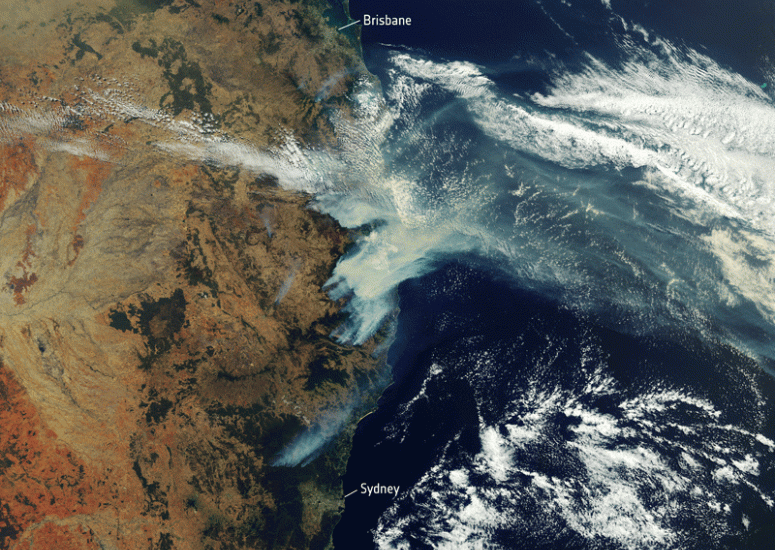-

Scientists develop new method to estimate exposure to indoor heat
An interdisciplinary team of scientists has developed an innovative method to estimate the health risks of older adults who spend time in hot indoor settings.
- Climate
-

Paris Agreement targets could greatly reduce loss of ice sheets, glaciers
A major international study predicts that sea level rise from the melting of land ice could be halved this century if society were to limit warming to 1.5°Celsius.
- Climate,
- Supercomputing
-

NCAR climate scientist Clara Deser elected to the National Academy of Sciences
The National Academy of Sciences announced the election of 120 new members, including distinguished climate scientist Clara Deser of the National Center for Atmospheric Research (NCAR). Deser is a senior scientist in the Climate and Global Dynamics Laboratory (CGD) in NCAR.
- Climate
-

Smoke from massive Australian bushfires warmed the stratosphere
Australian fires in 2019 and 2020 injected almost 1 million metric tons of smoke into the stratosphere, causing it to warm and likely contributing to a large and persistent ozone hole.
- Air Quality,
- Climate
-

Alaska thunderstorms may triple with climate change
The number of thunderstorms in Alaska may triple by later this century because of climate change, increasing the risks of widespread flash flooding, landslides, and lightning-induced wildfires.
- Climate,
- Weather
